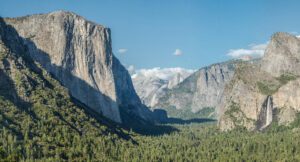The Olympic Qualification Question: What is Fair?
The Japan Mountaineering and Sport Climbing Association and the International Federation of Sport Climbing contest over who represents Japan.
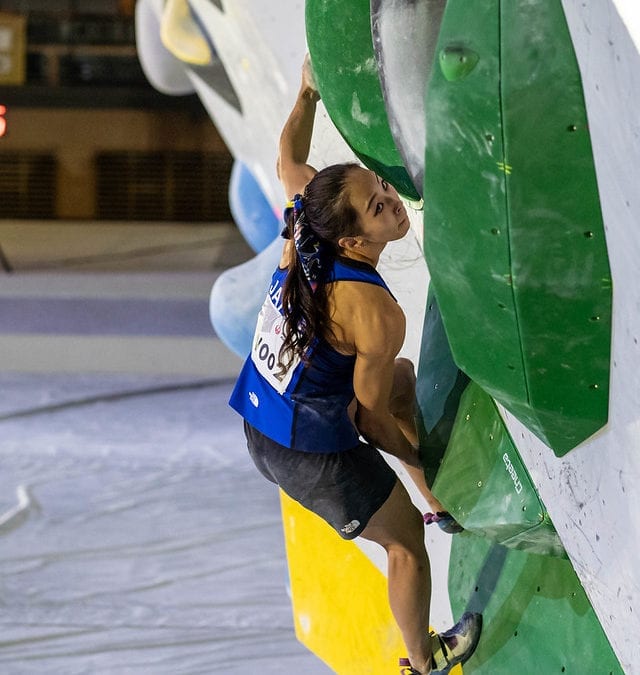
While the pandemic took a toll on a great many athletes, Olympic-qualified climbers may have felt it mostly severely. Not only was this last year spent in training, but the additional excitement of the sport’s Olympic premier made the event even more enticing. Upon the postponement of the event, there would be days where many qualified athletes would wonder whether they would retain their position.
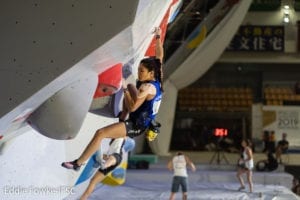
As the months passed, it became apparent that those who qualified would retain their qualification into the postponed year, 2021. In Japan, however, there was a point of contention. The IFSC had set qualification criteria that allowed athletes to qualify at various world championships and continental championships. While many countries failed to qualify or reach their two-athlete-per-gender quota maximum, Japan would ultimately have eight athletes, four-per-gender, that would qualify for the 2020 Olympics.
Originally, the positions were intended for those that qualified first. The Japanese Mountaineering and Sport Climbing Association (JMSCA) would contest the International Federation of Sport Climbing’s (IFSC) proposed system of qualification to the Court of Arbitration for Sport (CAS). The CAS is like a Supreme Court for sports.
The dispute was over the which body, the JMSCA or the IFSC should be allowed to choose which athletes represent Japan. The IFSC believed it should be those athletes that qualified first, Miho Nonaka, Kai Harada, Akiyo Noguchi, and Tomoa Narasaki, should retain their Qualified positions, while the JMSCA wished to have an internal competition between the eight athletes that would have qualified, in the absence of quota limits, to find their top four competitors. This could feasibly be allowed due to the two spots, one male and one female, that Japan was allowed for hosting the event.
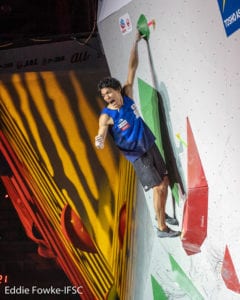
The IFSC believed themselves to be defending the athletes that had already qualified, while the JMSCA appeared to believe themselves well within their rights to choose among their qualified athletes, those that should represent Japan.
This appeal first arose early in 2020 and was appealed twice. The CAS ultimately ruled in favour of the IFSC, settling that it would be Nonaka, Harada, Noguchi, and Narasaki that would represent Japan in the upcoming Olympics. Though this might seem obviously fair, the JMSCA did have ground to stand on. If each of their athletes qualified, why shouldn’t it come down their national governing body to determine who should go?
The IFSC’s president Marco Scolaris said, “All qualified athletes are now protected – this is what counts. Now it is time to focus on sport, and face the challenges brought about by the pandemic, A new year will soon be upon us, and our participation at the next two Olympic Games is confirmed.”
This difference in perspective could be summed up as a difference in views on the sport. It would appear that the IFSC views the sport as an individual event, a defendable position to be sure, while the JMSCA views the sport as a team event, another defensible position, though from a different view.
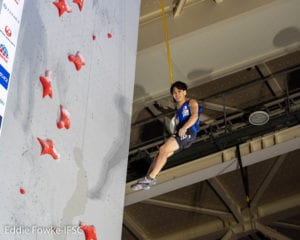
The IFSC appeared frustrated by the appeals process using strong language in their global communication of the news. They said, “The resolution of this procedure closes a painful chapter, one that, for the first time in history, saw the National Federation of the country hosting the Olympic Games appeal against the qualification of two of its own athletes.”
This quote is worthy of note as it fails to suggest that the JMSCA is also appealing to the benefit of each and all of their qualified athletes. The IFSC continues saying “The IFSC regrets the unilateral communications disruption caused by the JMSCA in late 2019, which resulted in a deplorable waste of resources.”
This language is interesting as it is the job of governing bodies to argue on behalf of their constituencies. Though the ultimate result ruled in favour of the IFSC, and therefore did not change the outcome, the discussion was necessary and has established a precedent that, if anything, strengthens the IFSC’s position as a governing body. This point they make themselves, saying, “As a result of this decision, the integrity and fairness of the IFSC Qualification System, as approved by the IOC, have been confirmed.”
To the qualified athletes that were not given a chance to compete for olympic placement, even though they qualified, this ruling might appear unfair. To the IFSC, it might appear unfair that their system of qualification was being questioned as a newly Olympic-level organization that is trying to grow its sport.
The IFSC said, “In spite of the favourable outcome, the IFSC remains committed to improving relationships with all its stakeholders going forward and will always put the athletes first.” The CAS has dismissed both appeals in their entirety. If something similar had happened in your country, what would you have wanted to see happen?
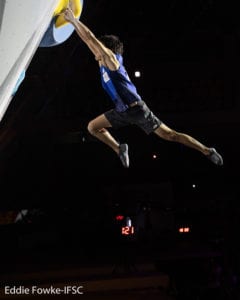
Featured Image of Akiyo Noguchi by Eddie Fowke
